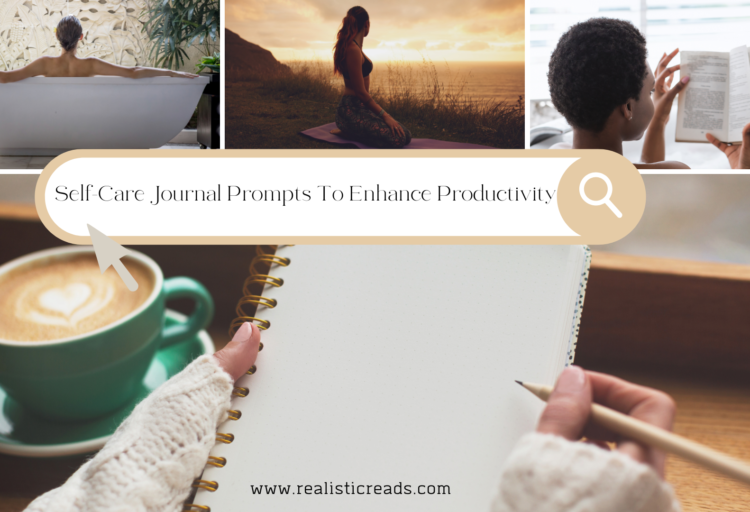You may have heard of shopping therapy or employed this self-therapeutic method to relieve stress. Shopping therapy, synonymous with retail therapy is the act of engaging in expenditure to gain some form of happiness. In some cases, retail therapy shopping may only involve window shopping or electronic retail.
Therapy can involve mood-boosting activities that are rewarding, which is why many people find shopping therapy helpful. Generally, when people shop while in distress, they are looking for instant gratification. Shopping becomes an escape or a temporary solution to problems, which can be instantly rewarding.
The surge of happiness experienced from the expectations of shopping retail therapy is also due to the release of dopamine. In the brain, dopamine acts as a neurotransmitter that contributes to pleasure, reward, and motivation. Dopamine is released when you partake in rewarding activities, motivating you to continuously pursue that feeling.
A necessary amount of dopamine release can make this form of therapy beneficial short term. However, when shopping therapy is used as a continuous coping mechanism, it can trigger an excessive dopamine release. This can lead to risk-taking behaviors due to the reinforcement involved. Some of the harmful effects of shopping therapy are discussed in today’s article.
Short-Term Mental Boost

Retail therapy provides a temporary distraction from the issues you might be facing. It might seem like the best form of therapy due to the immediate dopamine release you might experience, but not long-term.
The act of searching for an item and anticipating its receipt can make you extremely happy and can give you a sense of control over your stressors momentarily. This is not necessarily bad if done occasionally and sparingly. Since it is a short-term way of achieving a state of happiness, it is not a good approach for stress and/or anxiety-causing situations each time they occur.
If retail therapy is the only way you deal with your stressors, then it is no longer harmless, as it can become the only form of self-therapy you seek. Moreover, this can lead to compulsive shopping therapy.
Financial Instability Can Arise from Shopping Therapy
Depending on where you live, healthcare can be expensive, which can lead to the belief that shopping is cheaper than therapy. This is a dangerous mindset that can lead to negative consequences. Shopping therapy can become compulsive, in which case spending can accrue.
You may suffer from financial instability when you shop to cope with your stressors. Practical self-care in the form of budgeting can help you avoid buying on impulse.
Inadequate Placeholder

Some people use retail therapy as a replacement for something missing in their life, whether the deficiency is internal or external. Temporarily, shopping therapy can fill in the gaps, but long term, it can be an unhealthy compensator. Since you are not dealing with the things you are replacing shopping therapy with, you begin to overcompensate in those areas by shopping compulsively.
Shopping Therapy Can Become an Emotional Crutch
Retail therapy is not an efficient coping mechanism. It can cause more problems than solutions, when not used in moderation. Instead of being an adequate way of handling internal and external stressors, retail therapy can become one of your stressors.
When you feel the need to purchase items for the sole purpose of dealing with your emotions, it can be emotionally destructive. You are acquiring these goods through shopping as a form of comfort. This is detrimental because it becomes a habit that can further cause emotional and financial distress.
Identifying your emotional triggers is the first step and don’t be afraid to ask for help when needed. Support from family, friends, and therapists is a great way to deal with emotional triggers that can lead to compulsive shopping.
Shopping Addiction (Oniomania)

Signs of a shopping addiction may include the inability to control shopping urges, financial secrecy from spouse/family, feeling of shame after shopping, as well as replacement of activities of daily living with shopping. This is often referred to as compulsive shopping therapy.
When your happiness rests on the surge of positive emotions shopping provides, it can lead to addiction. Dopamine can also act as a reinforcer, which increases the probability of using shopping as therapy in hopes of getting a reward, such as satisfaction, happiness, or gratification.
Online shopping therapy is also on the rise, as it is an easier way to access goods and services. This accessibility can increase the risk of addiction as well. Due to high consumerism in society, shopping addiction can often go unrecognized. It is almost a normalized behavior to see an advertisement & immediately purchase an item because of it.
If you have recognized that this might be a problem for you, start by seeking professional help. Oftentimes, these temporary reward systems are a way to mask emotions that need to be dealt with.





Leave a Reply